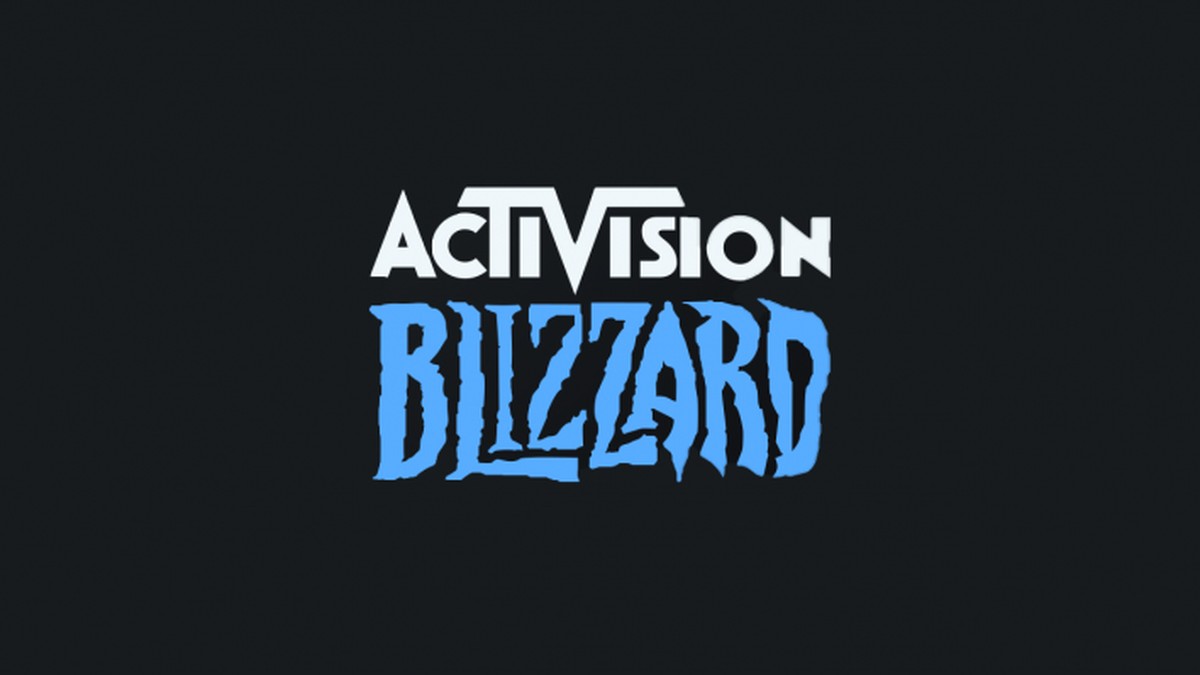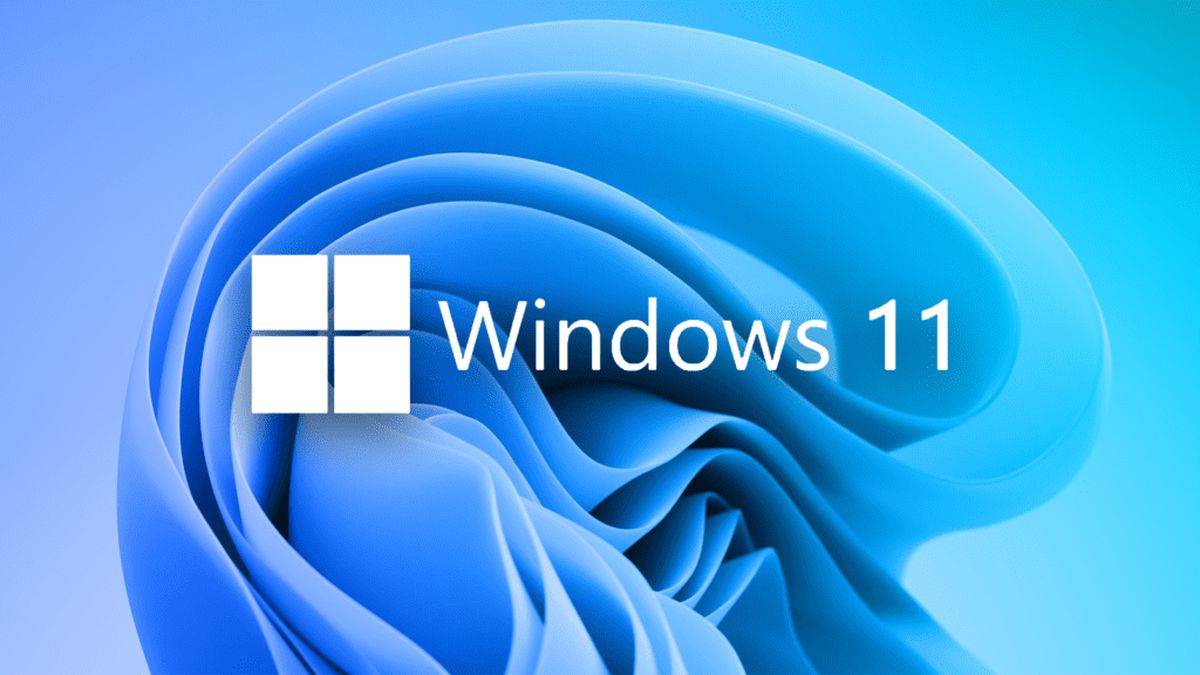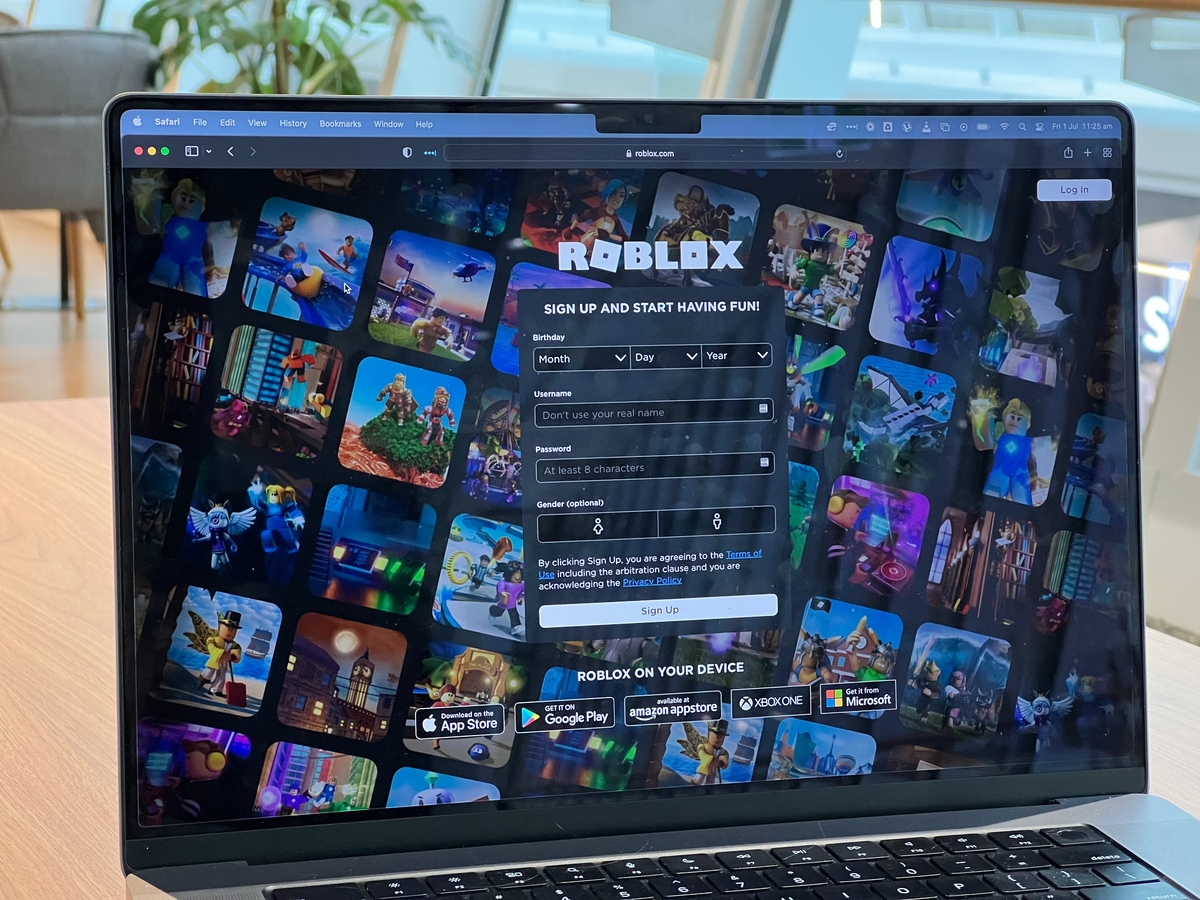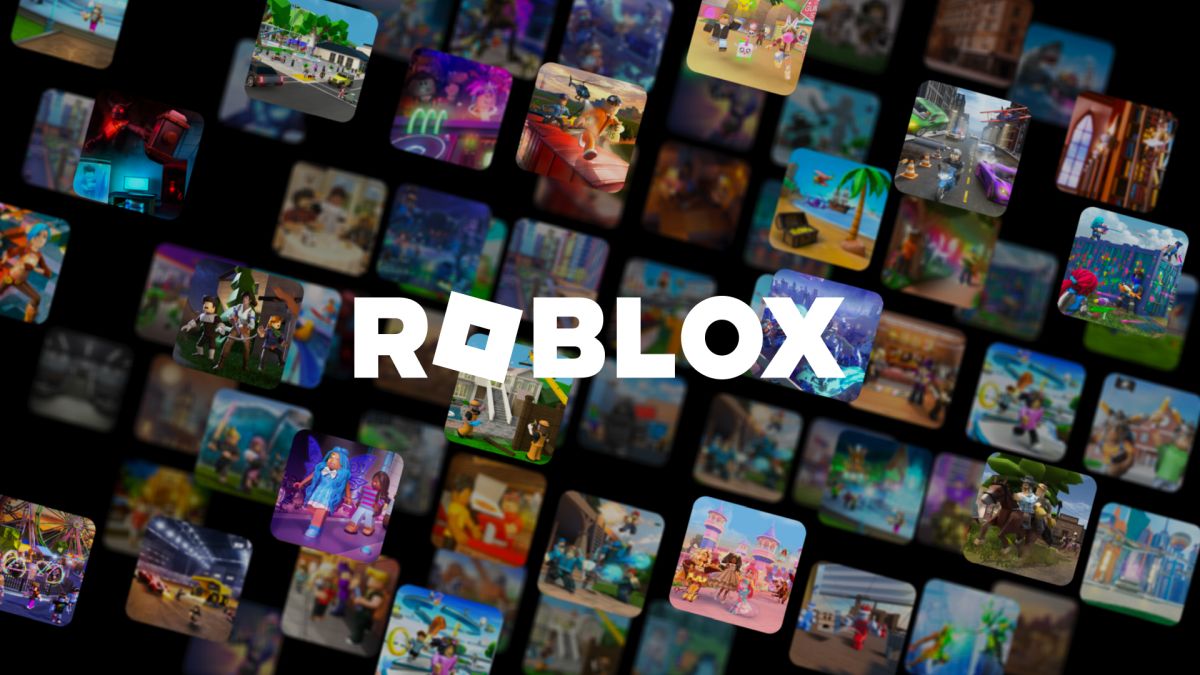PEGI imposes fine for Diablo Immortal's microtransactions

In the latest chapter of the ongoing debate surrounding microtransactions in the gaming industry, Activision Blizzard has found itself at the center of controversy once again. The Pan-European Game Information (PEGI) Complaints Board and Enforcement Committee have taken action against the renowned gaming company, imposing a fine for its inclusion of microtransactions in the highly popular mobile game, Diablo Immortal.
This development follows closely on the heels of a similar lawsuit filed against Nintendo in North America for loot box microtransactions in Mario Kart Tour. With PEGI reevaluating Diablo Immortal's rating, Activision Blizzard now faces the consequences of its handling of in-game transactions.

A warning rather than a fine
Amid mounting concerns over transparency and consumer protection, PEGI has delivered a ''significant'' blow to Activision Blizzard and its business practices. Alongside Plaion, the publisher of Hunt: Showdown Bounty Hunter — Limited Edition, Activision Blizzard has been fined due to a failure to adequately disclose the presence of microtransactions during the game rating license process. This lack of disclosure extends to paid random items like loot boxes or card packs within Diablo Immortal and Hunt: Showdown Bounty Hunter — Limited Edition.
According to the description of the case, "Both games were published in 2022, and although they contain paid random items, this was not disclosed to PEGI when the games were submitted for a rating license".
The PEGI Enforcement Committee deemed this omission a violation of the rules set forth in the PEGI Code of Conduct, resulting in a fine of 5,000 Euros imposed on both companies. In response, Activision Blizzard and Plaion swiftly took corrective measures, updating relevant store listings and marketing materials to provide accurate information about the presence of microtransactions.

A minor setback for a gaming giant
While the 5,000 Euro fine might appear trivial in the grand scheme of Activision Blizzard's operations, it serves as a noteworthy reprimand. The penalty highlights the significance of transparency and proper disclosure when it comes to in-game transactions, aiming to encourage greater responsibility and honesty within the industry.
Notably, Diablo Immortal alone was estimated to generate a staggering $1 million in daily revenue around its launch. Consequently, the fine is unlikely to deliver a substantial financial blow, but it does send a clear signal to industry leaders like Activision Blizzard, urging them to prioritize open communication and full transparency in their monetization practices.
Advertisement


















